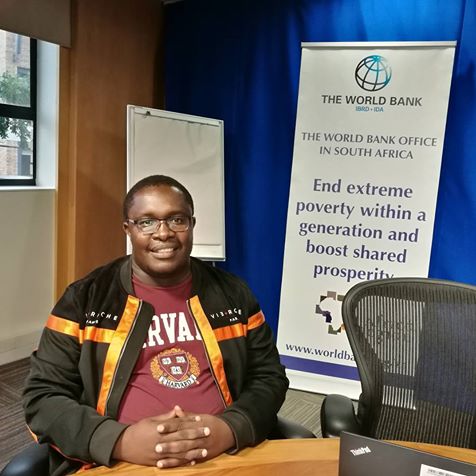Johannesburg, South Africa 25/12/2017
Everyone knows something that the next person doesn’t thus it is important that everyone shares their experiences with the world. Spurred by a deep yearning for freedom of expression and for the African story to be told from the African perspective, Edzai Zvobwo, founder of NdiribhoTV set out to create a video hosting and distribution platform primarily geared for Africans to share their knowledge with world and stand a better chance at optimally monetizing their video assets
Coming from Zimbabwe, a country that has seen its ruling elites trample upon basic liberties like freedom of speech and association, Edzai sought to correct the wrongs that have been committed by politicians in the country and the continent of Africa as a whole by facilitating p2p knowledge transfer through video. The name NdiribhoTV came out of need to proclaim that even as the people’s rights have been denied, people are still fine and live another day to fight for justice and development of the continent. “Ndiribho” is a Shona statement that translates to “I am fine”.
Video reference: https://ndiribho.tv/video/ashish-thakkar-africa-s-youngest-billionaire-sabc5a3e75dc0929b
NdiribhoTV currently has offices in Johannesburg and will be opening up feeder offices across Sub-Saharan Africa during the course of 2018. The feeder offices will serve as client liaison centers for content developers. NdiribhoTV will strive to sign up all the influencers in the video content development space as anchor creators whilst also harnessing the power of the ordinary African citizen. As long as an African has a device with a camera then they are welcome onto the NdiribhoTV platform.
The platform is a user generated vehicle that connects video content creators and consumers by providing an easy to use live streaming and video on demand platform.
NdiribhoTV lets anyone with a channel broadcast live videos and upload videos straight from their camera device. This allows African people to share or watch in real-time when news is breaking, visiting a new place, or meeting people and sharing interests – all in real-time.
NdiribhoTV seeks to add value to Africans and differentiate itself from YouTube by:
- Focusing on African continent.
- Monetizing live video streams using a pay-per-view model which enables content creators to earn a living.
- Monetizing video on demand content on behalf of content creators through channel-centric micro-subscriptions.
- Integrating with ERP and CRM systems such that it is easier for corporate clients to integrate video into their workflow.
NdiribhoTV is currently in talks with several established platforms like Kwese play to help distribute content across the continent. 31 January 2018 is the date that NdiribhoTV will officially launch. “Once we solve the speed and latency issues with a reputable CDN and finalised our algorithms for our reccommender systems then it is a done deal”, said Edzai Zvobwo.
Currently there is a beta version on https://ndiribho.tv which you can test out and give feedback.

